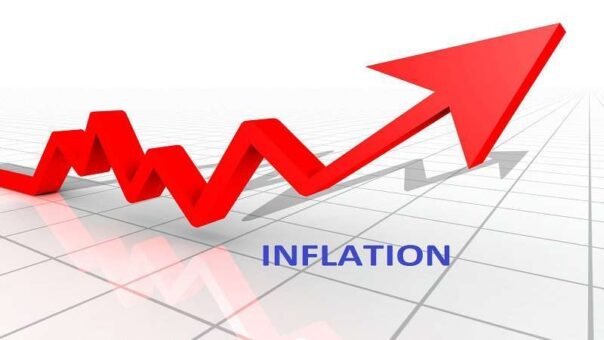ISLAMABAD, March 17, 2023 – Pakistan continues to grapple with soaring inflation, as the Sensitive Price Indicator (SPI) recorded a staggering year-on-year (YoY) increase of 45.64% by the week ending March 16, 2023, according to the latest data released by the Pakistan Bureau of Statistics (PBS).
The SPI, a key tool used to measure sensitive price changes in essential items, reflects the pressure on household budgets, particularly for lower and middle-income groups. It monitors the weekly price movement of 51 sensitive commodities collected from 50 markets across 17 major cities. This sharp rise in sensitive price inflation highlights the persistent strain on consumers amid economic challenges and rising costs.
According to PBS data, the most significant YoY increases were observed in daily-use items such as onions (233.89%), cigarettes (165.86%), gas charges for Q1 (108.38%), diesel (102.84%), tea (81.29%), petrol (81.17%), rice (Irri-6/9) (78.75%), and eggs (72.19%). These hikes underscore the inflation-sensitive nature of food and fuel, which directly impacts the general population’s cost of living.
On a week-on-week basis, the SPI registered a 0.96% increase. Among the items contributing to this rise were tomatoes (18.06%), tea (9.26%), potatoes (4.52%), and sugar (2.70%). Non-food items such as diesel (4.65%), lawn fabric (5.77%), and petrol (1.84%) also played a role, showing how sensitive inflation is not limited to groceries alone.
Conversely, some relief was observed in the prices of onions (down 15.91%), chicken (down 5.97%), and garlic (down 5.73%). Out of the 51 items tracked, prices of 28 items rose, 11 fell, and 12 remained unchanged.
The persistently high inflation levels signal growing concern for policymakers, as Pakistan’s sensitive groups continue to struggle with stagnant wages and eroding purchasing power. Analysts warn that unless inflation is controlled, the burden on inflation-sensitive households will only deepen, increasing social and economic vulnerabilities.
In light of these challenges, calls for immediate policy action are intensifying to stabilize the economy and provide relief to sensitive, inflation-hit segments of the population.
